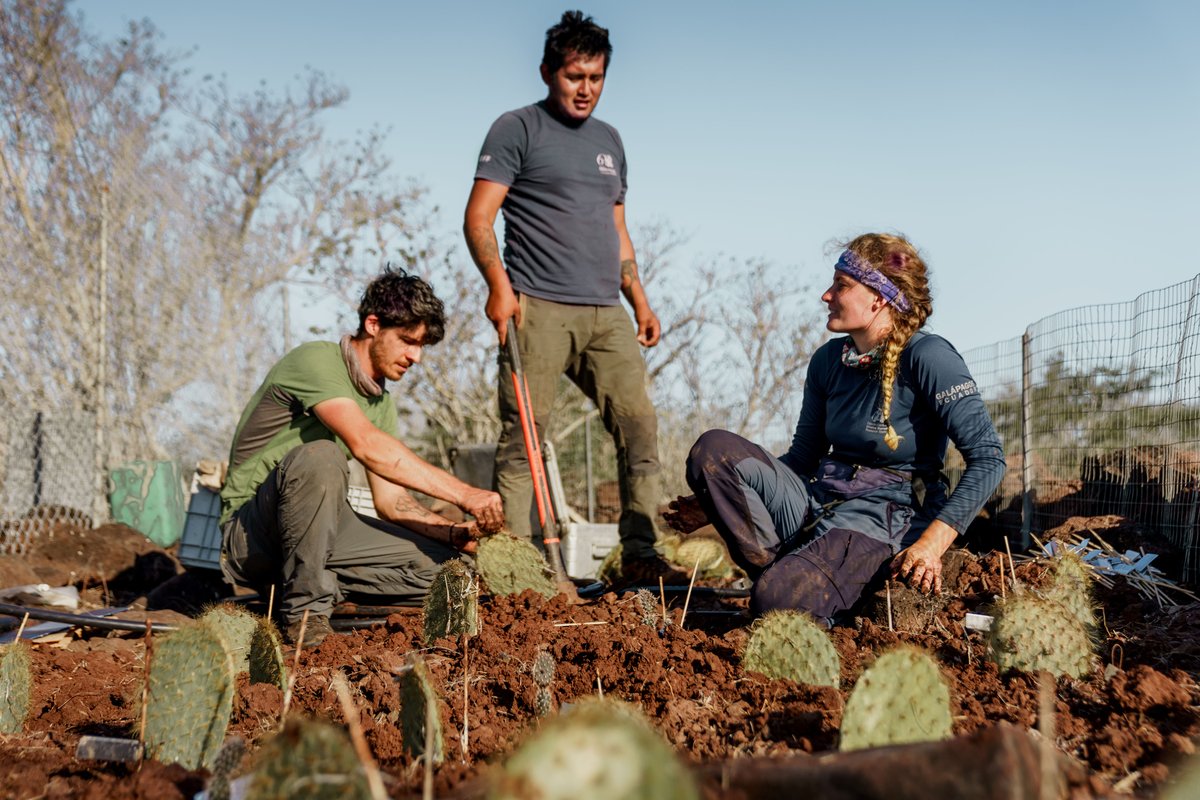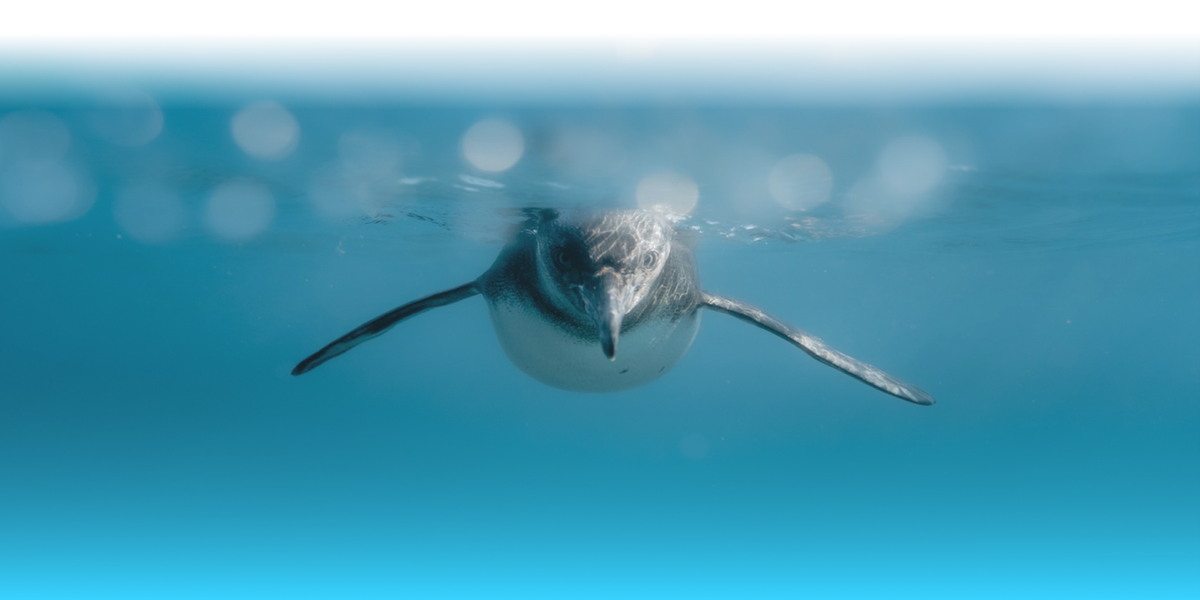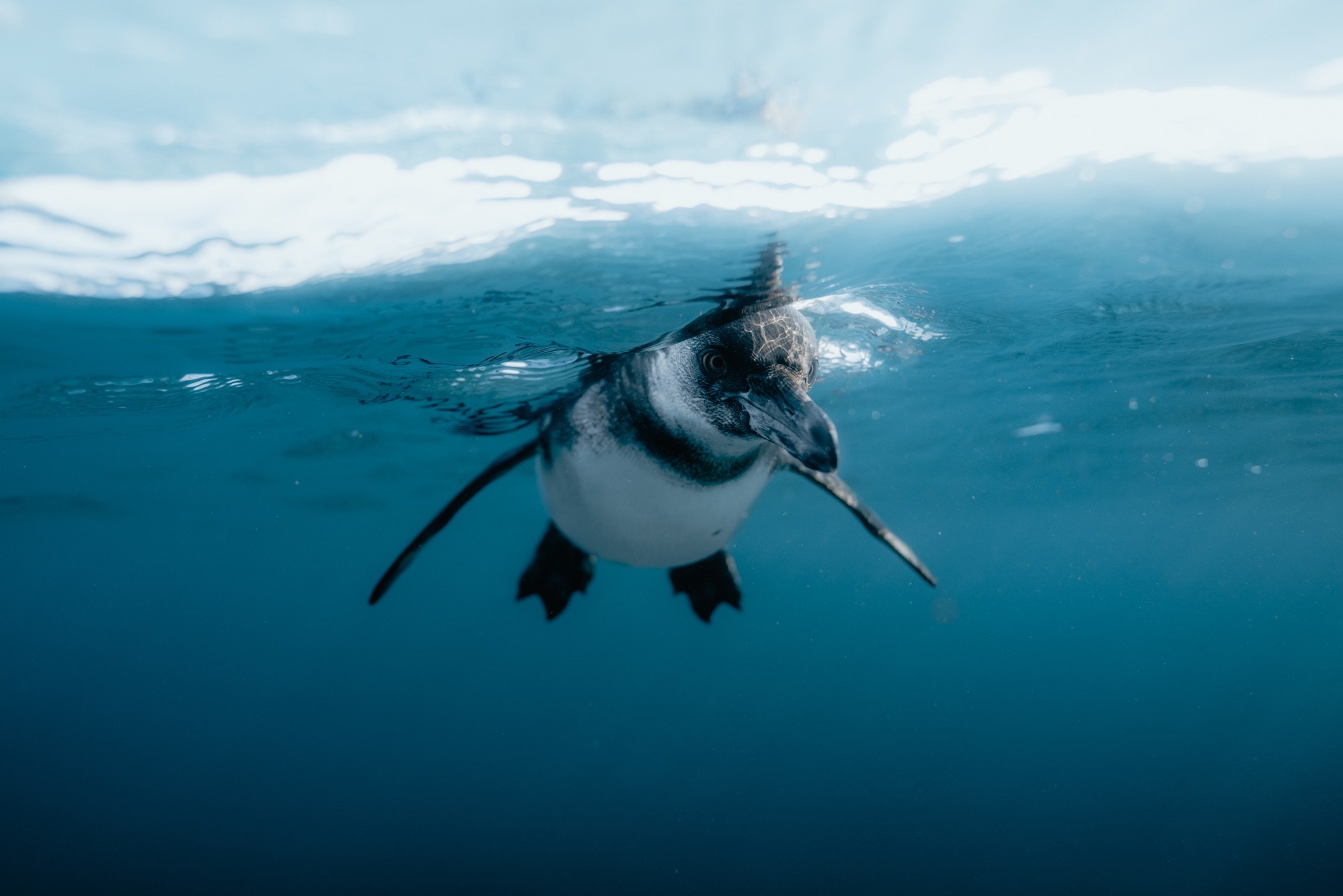
The most common response when I talk to non-scientists about sharks, is that they are dangerous animals that, among other things, kill people. Actually, sharks are not killers; they are very interesting animals and science has helped us to discover some of their marvelous secrets. Besides being top predators in the oceans, and helping to keep oceans healthy, sharks are very important for Galapagos livelihoods that depend on tourism.
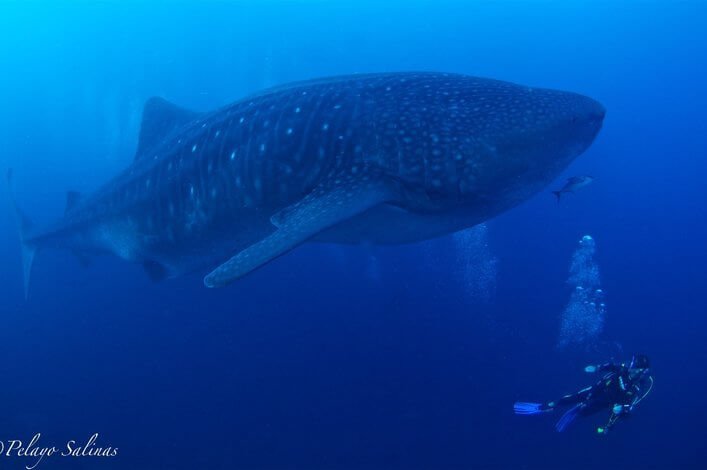
I will never forget the first time I saw a hammerhead while diving in the Galapagos Islands; it was amazing to watch a shark getting closer, with its funny and curious face making soft movements. That was when I realized how marvelous and special these animals are. After watching other species of sharks close to me, I wondered how to make people feel as curious as I felt, and how I might involve them in the adventure of discovery and learning about sharks.
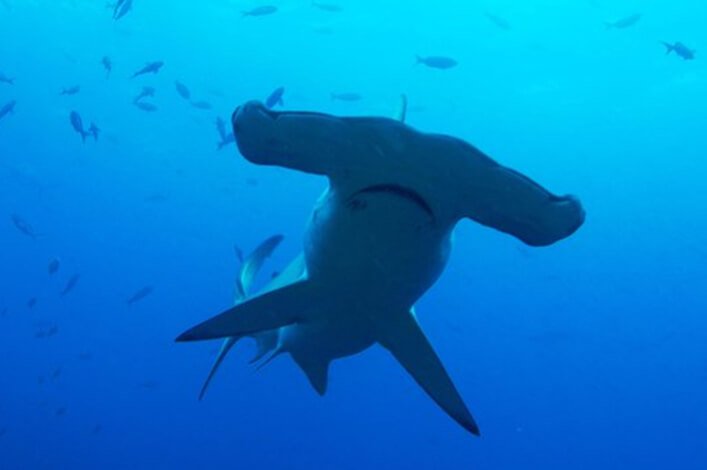
After a first educational campaign, I realized how knowledge has a direct impact on the perceptions people have about a topic. Sharks have a bad public image, and if we do not share the information we have about them, it will not be easy for people to support its conservation.
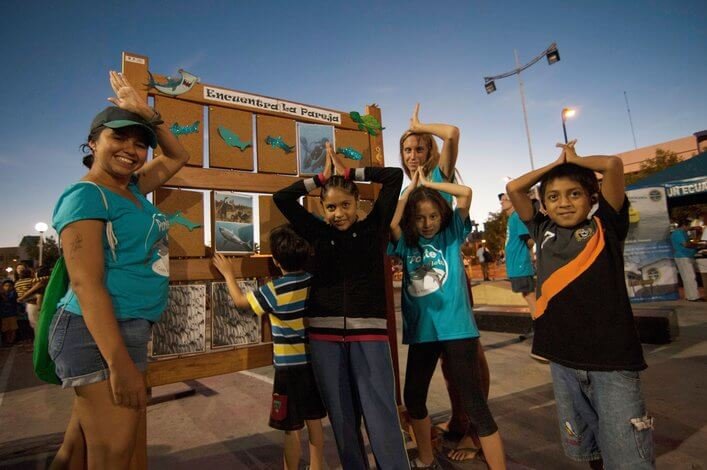
Last year, we developed a new campaign in favor of sharks called “Protect the fins and the ocean wins”, with the aim of changing negative perceptions about these animals and to promote the Galapagos as an example of co-existence between humans and sharks. We developed workshops, field trips, contests and public events to communicate specific messages about the physiology, ecological role, population status, socio-economic value of sharks, the importance of science in shark conservation and reflecting the role of science in obtaining this information.
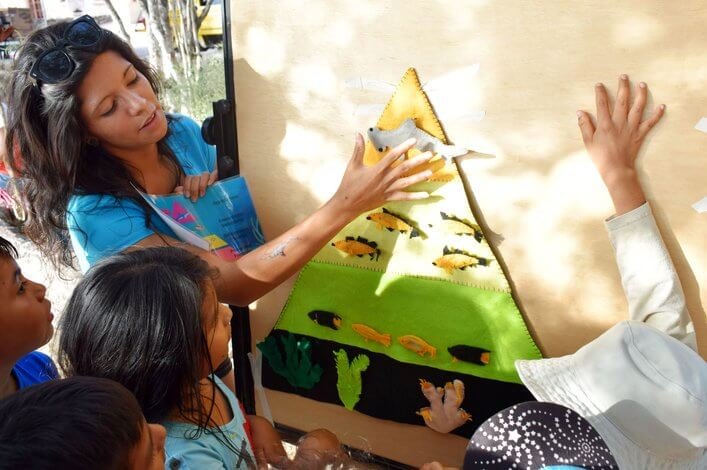
We created characters as shark ambassadors, using representative species of the Galapagos and to encourage people to have a closer relationship with the ocean. We developed a shark story contest between all the schools of Santa Cruz, motivating children to research sharks,and then taking the winners on a fieldtrip to snorkel with sharks in their natural habitat.
“Teaching these kids to interact with sharks was one of the most gratifying experiences of my life; these activities are essential to understand that sharks are not killer machines, but they are very important for the marine ecosystems and the local economy”, said Dr. Pelayo Salinas, CDF Shark Project Coordinator.
